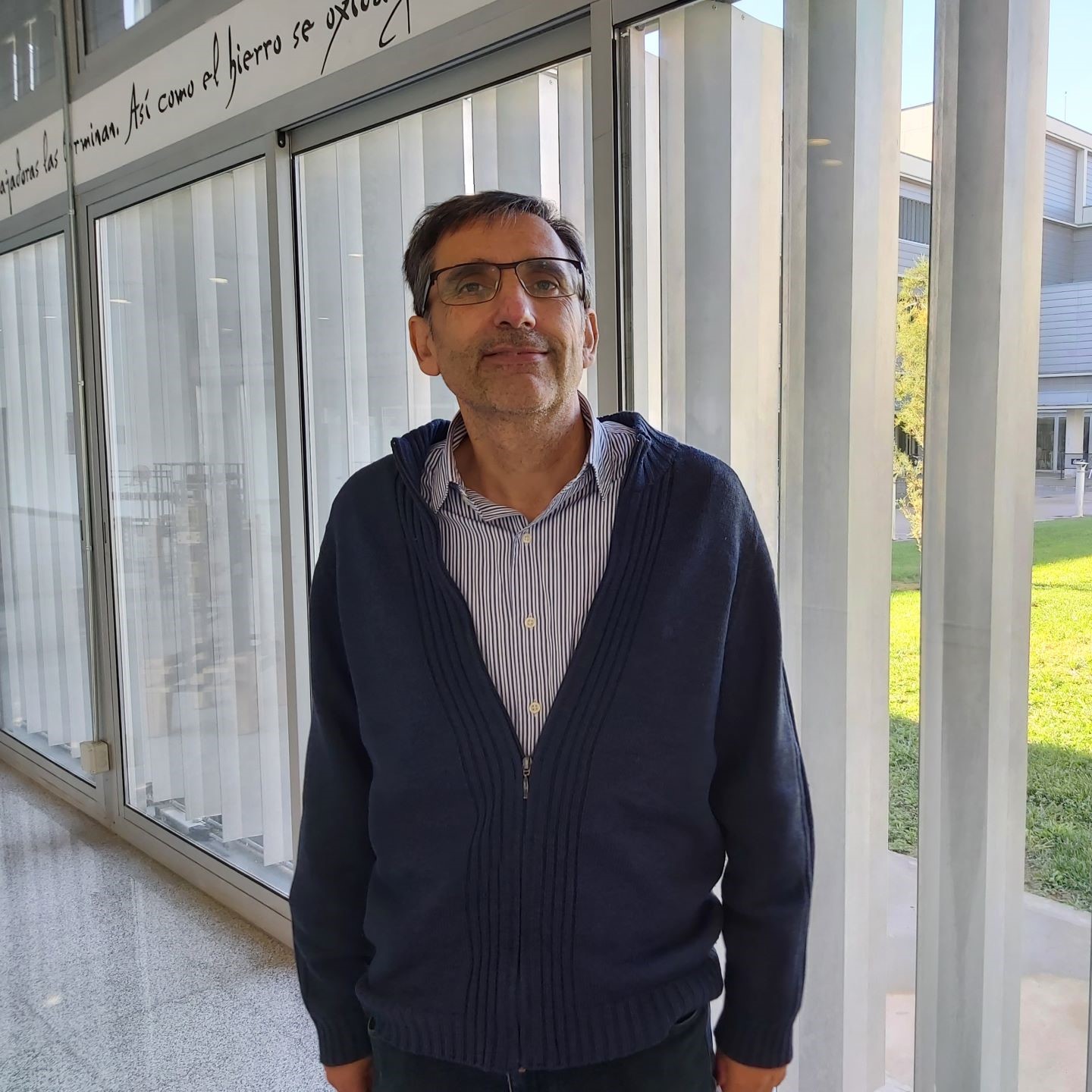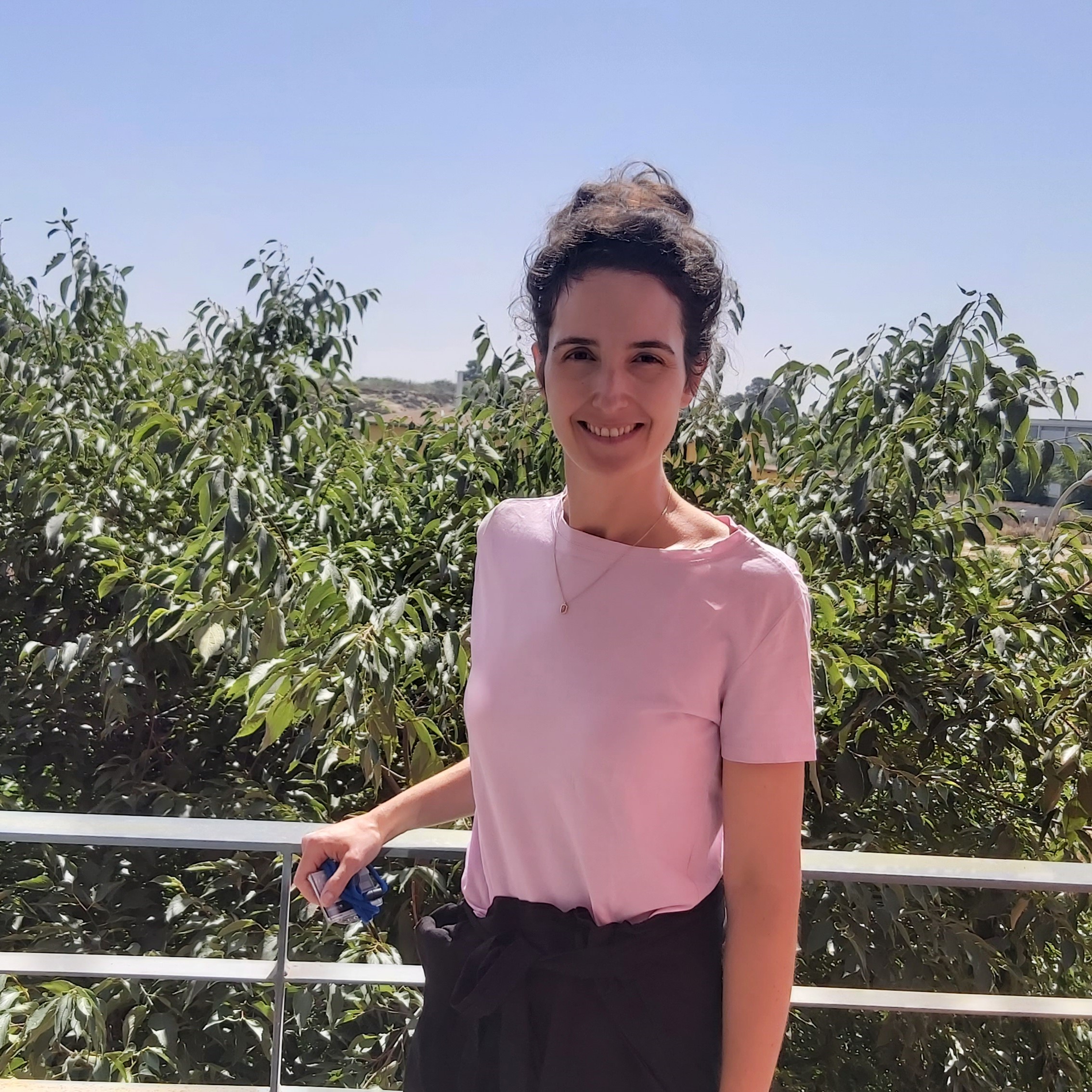
Why did you decide to go into research?
What I like most about research is that each problem you study has different characteristics and difficulties and, therefore requires a different approach or focus. This means that you are always learning, which is clearly a continuous learning process.
In addition, when you start doing research, you feel a brutal attraction to continue researching.
So, these two aspects motivated me a lot: the continuous learning and the attraction to face new problems.
Did you always have a clear idea of what you wanted to do?
It was clear to me that I wanted to study Engineering, I really liked to think about problems and try to find a solution and then, I really liked the application of the concepts I saw in class to real problems.
How long have you been linked to the I3A and what would you highlight about the Institute?
I have been linked to the Institute since its origins. I think its best asset is its multidisciplinary nature.
In your research group, what are your most important lines or areas of work?
The working group in which I do my research tries to apply engineering knowledge of mechanics and materials to the field of Medicine and Biology, mainly through two methodological approaches: advanced simulation and mathematical modelling by computer and three-dimensional cell culture using microfluidic chips.
Do you have any ongoing projects that you would like to highlight?
I would highlight ICoMICS, an ERC Advanced Grant project in mechano-immunotherapy that aims to advance the understanding of the role of adoptive immune cells (CART) in cancer treatment, specifically to improve efficacy against solid tumors.
What do you enjoy most about your profession? And what do you enjoy least?
The truth is that I love my profession, both in teaching and in research. I also like university management, and I recognise that it is necessary. What I like least is university bureaucracy, which sometimes takes up a lot of our time.
What would you say to anyone thinking of going into research?
To do it, with a lot of determination and courage to go ahead and get caught up in research. Unfortunately, our environment does not make it easy to do research in a proper way, but I am one of those who think that it is very important to pursue your dreams and fight for them.
CLOSE UP…
What did you study?: Industrial Engineering at the then CPS of the University of Zaragoza.
A goal: Reaching retirement in good health.
Hobbies: Walking in the mountains, swimming and spending time with my family.
A book: If I have to choose, as a book of intrigue "The Blood of the Innocents", as a book to think about "1984" and to savour "Papyrus: The Invention of Books in the Ancient World".
A film: Line of Duty
Favourite music group: The Cure
A trip: Any trip is worthwhile if the company is good.
How would you define yourself: A simple, enthusiastic person who wants to continue learning and improving every day in my personal and professional life.
